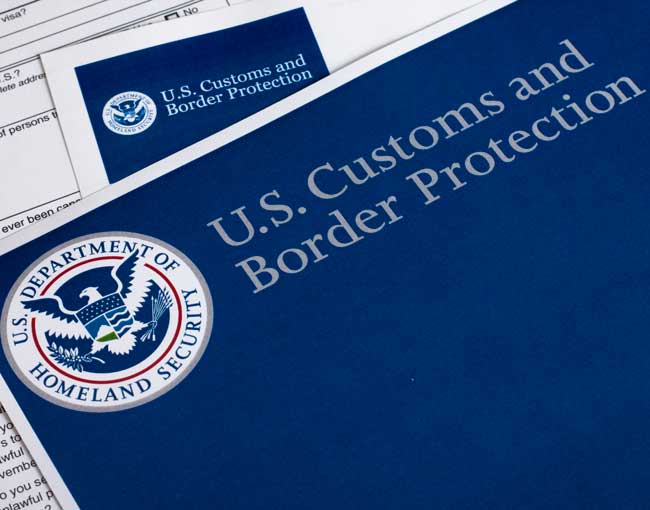Home > Insights > Publications > What importers need to know about postponed duty payments during COVID-19
The President has authorized U.S. Customs and Border Protection (CBP) to postpone duty payments for 90 days for certain entries.
Here are the requirements:
- Entry must not include any items covered by trade remedies (ADD/CVD, 232, 201, or 301 duties).
In calls with CBP, the question was raised as to the definition of what is “covered by” a trade remedy, in the context of 301 duties. Specifically, are items that are excluded from 301 duties at the time of entry “covered by” the 301 duties?
After reviewing the issue, CBP determined excluded items are not “covered by” 301 duties. Therefore, duties payable on an entry may be deferred if all items that are subject to duties imposed on goods from China under Section 301 are eligible for an exclusion and there are no other trade remedies (ADD/CVD, 232, 201) duties on goods entered on the entry.
- Limited to entries filed in March or April 2020.
The duty deferral applies to goods imported or withdrawn from warehouses for consumption in March or April. - Importer must be able to demonstrate “significant hardship.”
An importer will be considered to have a significant financial hardship if the operation of such importer is fully or partially suspended during March or April 2020 due to orders from a competent governmental authority limiting commerce, travel or group meetings because of COVID-19, and as a result of such suspension, the gross receipts of such importer for March 13-31, 2020 or April 2020 are less than 60 percent of the gross receipts for the comparable period in 2019.
An importer is not required to present documentation at the time of deferral, but it must be available should CBP request proof. We understand that some customs brokers are requiring certifications in order to defer duty payments.
CBP has indicated that such “full or partial suspension” could be demonstrated if, for example, the importer is a wholesaler and its retailer customers have closed doors, resulting in reduced time or partial layoffs for the importer/wholesaler business. In other words, the “orders from a competent governmental authority limiting commerce . . .” does not have to be directly applicable to the importer. - If you are doing periodic monthly statements, you will need to remove the entries from the statement and schedule them for payment on July 21, 2020 (if on the April 21 Statement) or August 21, (if on the May Statement).
Entries on the April statement will need to be removed by midnight, April 20. - Periodic Monthly Statement Processing is not required
Participation in the Periodic Monthly Statement program (or any statement processing program) is not required to take advantage of the deferral. Deferrals can be claimed on individually filed entries as well as daily statements. - CBP is trying to be flexible in granting relief
CBP has stressed that ports are being directed to be flexible and to exercise discretion as part of the COVID-19 crisis.
For more information see: CSMS #42423171, CSMS #42421561 and TFR Notification. CBP has published a Frequently Asked Questions list regarding the duty deferral and will continue to update this FAQ.
For any questions, please reach out to the authors below or your regular Thompson Coburn contact.
Robert Shapiro is the chair of Thompson Coburn’s International Trade group.
Click here to subscribe to News & Insights from Thompson Coburn related to our practices as well as the latest on COVID-19 issues.

